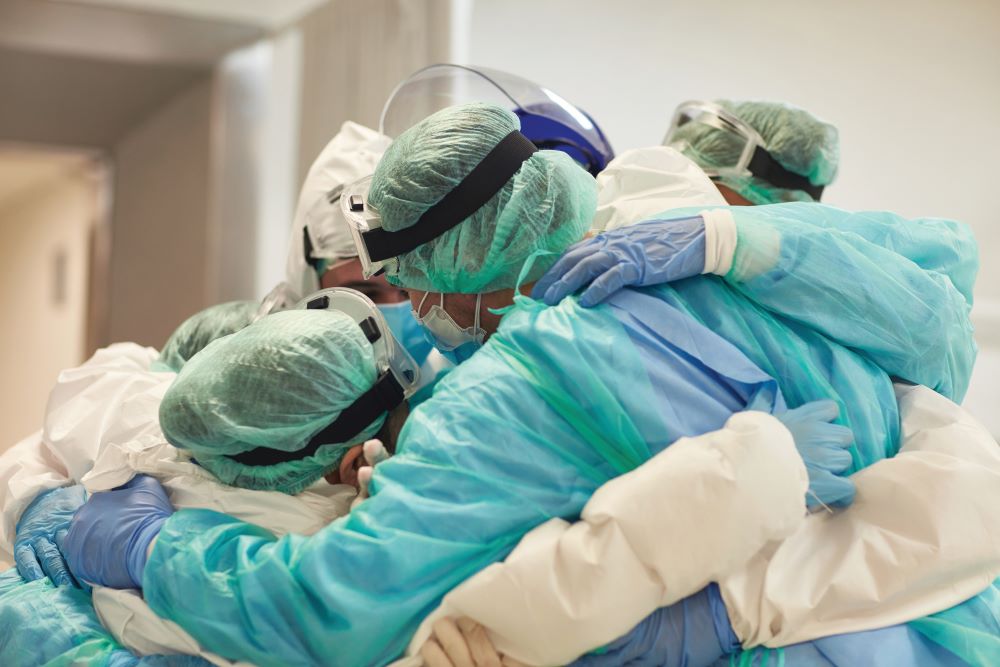In Ogwashi-Uku, headquarters of Aniocha South Local Government Area of Delta State, a COVID-19 patient was made, died and buried in the grapevine or what is also known as the rumour mill. There are contradicting accounts of the infected patients, none of which could be confirmed as it is with products of the rumour mill.
In one of the accounts, the virus visited a certain family living behind the popular Africa House. Street talk had it that the man of the house is an unrepentant drunk who contracted the disease because of the laissez-faire lifestyle that exposed him to the virus. Following a tip-off by unknown persons, or perhaps they had the capacity to detect the virus from afar, a team of COVID-19 catchers from Asaba stormed the scene and whisked the infected but drunken patient away, never again to see the light of day until he is cured of both the virus and his drunkenness, which of course would be a double blessing for him.
It was further rumoured that to insulate the entire community from partaking in the cursed man’s fate, the entire area called “Back of Africa House” had been turned into an Isolation Centre while the man’s children were given a double quarantine to flush out both the virus and the inherited genes of drunkenness from their unfortunate father.
However, a second version was sympathetic to the man who was described as unfortunate for having married a woman who appeared to had been born with the virus hidden somewhere in her veins because it turned out no other person in her family was infected, or is it possible that her spiritual husband infected her? Yet another version had it that since the woman is pregnant, it was difficult for health professionals to determine if it was the mother or the baby in her womb that were infected by the virus. Others said the unborn baby refused to test either positive or negative, the reason being that the ‘household enemies’ were trying to use the virus to change the baby’s destiny. Yet, it was considered that possibly, neither husband nor wife were infected, but that the ambulance operator who happened to be transporting some COVID-19 patients to Asaba may have decided to stop by to exchange pleasantries with husband and wife because they were friends who might not have seen each other for a long time.
But what was generally agreed upon by the rumour mill was that generations of the couple’s unborn children may likely continue to bear the shame of having the ‘infection’ in their family, thus indicating that at the root of the rumoured infection such as this is the social problem of stigmatization.
There are deep concerns over the stigmatization of people infected with Covid-19 or have undergone test, which is believed to be significantly affecting the fight against the virus in Nigeria. Indeed, the problem has caused some contacts to go into hiding, rather than avail themselves for testing, isolation and treatment, for the fear of being stigmatized by their fellow Nigerians. Stigmatization will cause all efforts to become counter-productive and have a profound impact on the strategy being deployed to tackle the disease.
Nigerians have become curious to know who these coronavirus patients are and where they are living in states that have recorded cases. The consequence of stigmatization is that people who have this virus, will go underground and end up infecting others, hence, stalling the fight against the virus.
Subsequently, the message to the above rumour mill is that the virus is not a “plague” or an “apocalypse”, neither is it a “Chinese” or “Asian” disease (forget what Donald Trump says) and people with COVID-19 should not be described as “spreading the virus”. It is important that the disease is not used as a vehicle for discrimination and stigma as it is not only dangerous, but puts everyone at risk.







